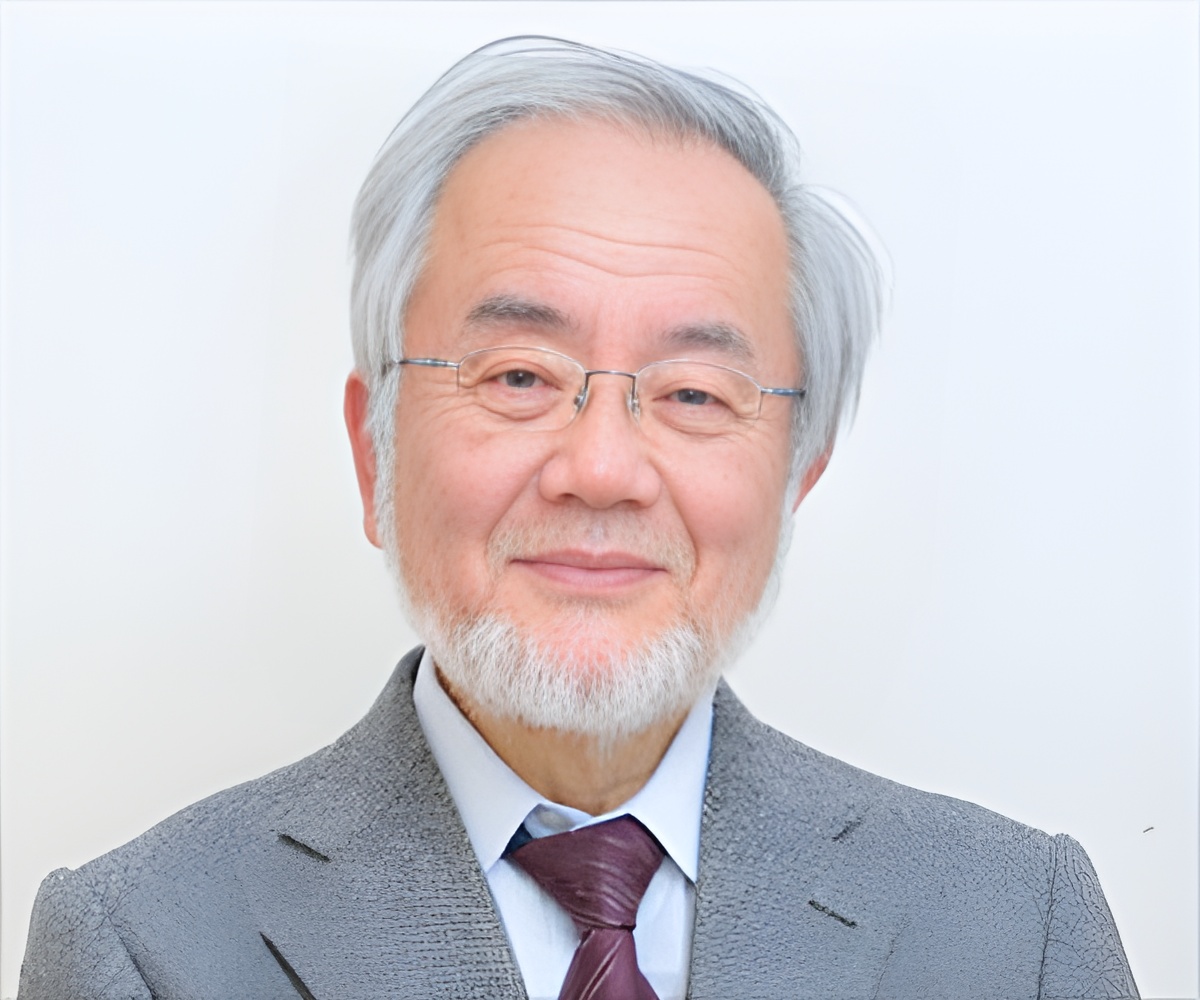
‘Yoshinori Ohsumi discovered the mechanisms for autophagy, which is the body’s internal recycling program. Autophagy is crucial for preventing cancer, maintaining a healthy metabolism and protecting against diabetes.’
Tweet it Now
"His discoveries opened the path to understanding the fundamental importance of autophagy in many physiological processes, such as in the adaptation to starvation or response to infection," a statement on the official website of the Nobel Prize said. The science behind the process called autophagy has led to a better understanding of diseases such as cancer, type 2 Diabetes, and Parkinson’s.
The Physiology or Medicine prize, the first of the Nobel prizes awarded each year, is worth 8 million Swedish crowns ($933,000). Mr. Ohsumi is a professor in Tokyo Institute of Technology's Frontier Research Centre.
Ohsumi's work was described by commentators as "paradigm-shifting" and "pioneering" - included locating the genes that regulate autophagy. This is important for medicine because it helps show why errors in these genes can contribute to a range of diseases.
David Rubinsztein, deputy director of Cambridge University's Institute for Medical Research, said, “Ohsumi had provided scientists around the world with ‘critical tools’ to help them understand how disrupted autophagy can contribute to illnesses including infectious diseases, cancers and neurodegenerative diseases such as Huntington’s and Parkinson’s.”
Advertisement
Source-Medindia









